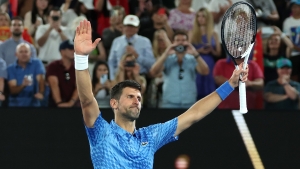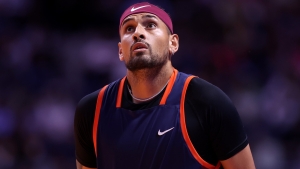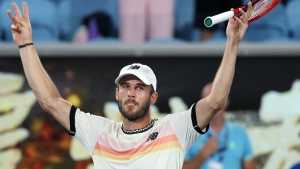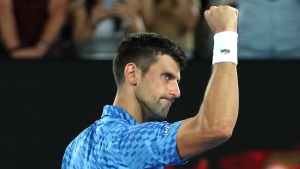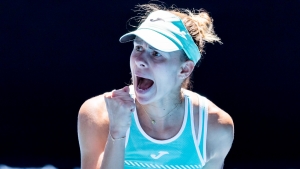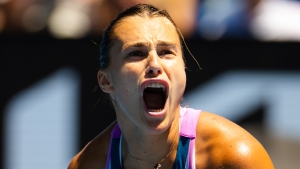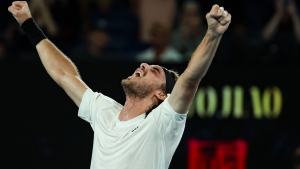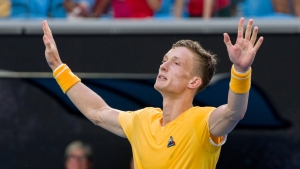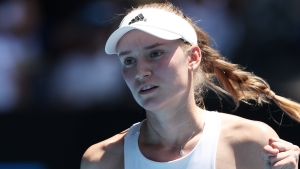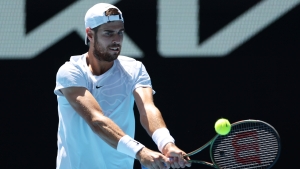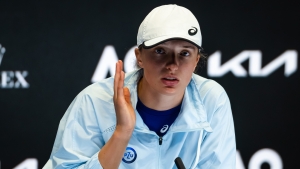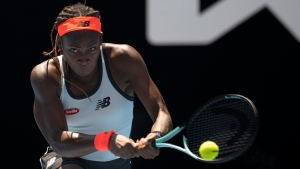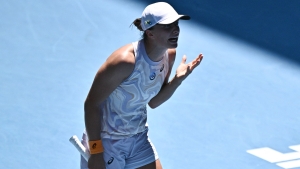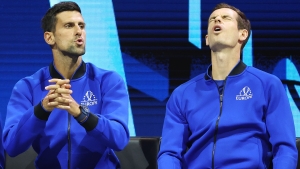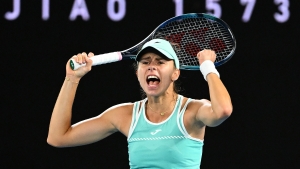Andy Murray and Novak Djokovic have called for changes to the Australian Open schedule after several late finishes in Melbourne.
Three-time grand slam champion Murray bowed out of the season's opening major on Saturday following a four-set defeat by Roberto Bautista Agut in round three.
The 35-year-old arrived in the clash having already spent over 10 hours on court across his victories over Matteo Berrettini and Thanasi Kokkinakis.
Murray's 4:05am local time finish in the latter match was the third-latest in tennis history after he recovered from two sets down to deny the home favourite in a thrilling clash that took five hours and 45 minutes to settle.
The Briton subsequently voiced his concerns with scheduling, which tournament director Craig Tiley has no plans to change.
He reiterated those worries after defeat by number 24 seed Bautista Agut, suggesting the Australian Open could follow the trend set by another of the sport's major events.
"I'm sure if you went and spoke to some sleep experts and sports scientists – the people that actually really know what's important for athletes to recover – they would tell you that sleep is the number one thing, that that's the most important thing," he said.
"Finishing matches at four in the morning isn't good for the players. I would also argue it's not good for the sport, anyone involved in it. I do think there's some quite simple things that can be done to change that.
"I think the US Open went to playing two matches in the day session. That would stop the day matches running into the night session starting too late.
"I think that's quite a simple one that you could look at. You'd still get quality matches during the day. The people who bought ground passes would get to see more of the top players, which would be excellent for them.
"I think if you did that, you could also potentially bring the night sessions slightly earlier, as well, like 6:00 or 6:30. That time, those few hours, can make a difference to the players."
Nine-time Melbourne champion Djokovic, who overcame injury to defeat Grigor Dimitrov in straight sets, concurred with Murray.
"I think that players' input is always important for tournament organisation. Whether it's decisive, we know that it's not, because it comes down to what the TV broadcasters want to have," Djokovic said. "That's the ultimate decision maker.
"I would agree with [Murray's] points. I think we have days when the day sessions go longer, but probably more days statistically in average where they finish – say five, six max – and you can start the night session an hour earlier at least.
"For the crowd, it's entertaining, it's exciting. For us, it's really gruelling. Even if you go through and win, prevail in these matches, you still have to come back.
"You have your sleeping cycle, rhythm disrupted completely, not enough time really to recover for another five-setter. Something needs to be addressed in terms of the schedule after what we've seen this year."
























